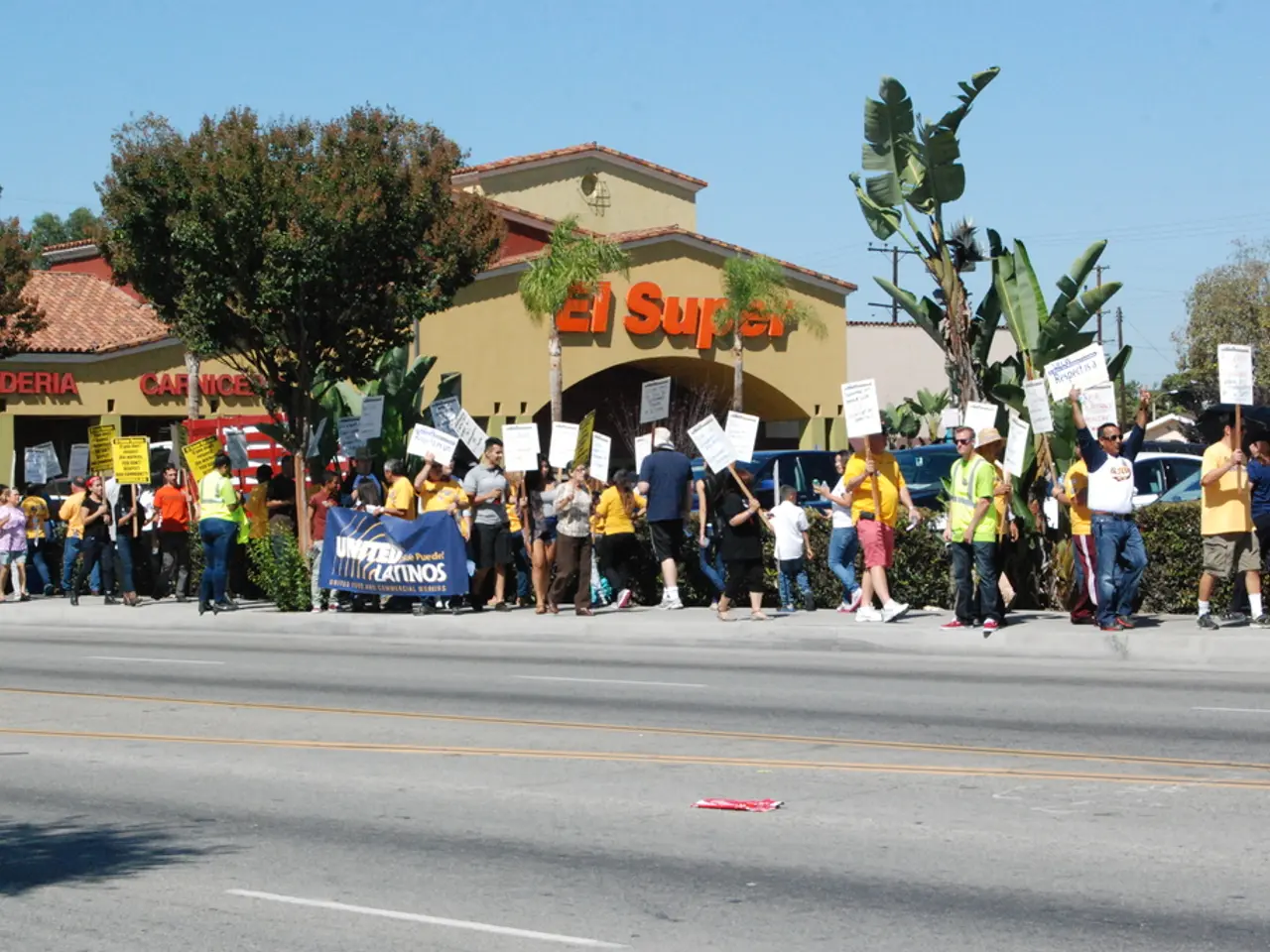United Kingdom moving forward with lowering voting age to 16 in significant electoral change
The UK government, led by the Labour Party, has announced plans to lower the voting age to 16 for all national elections, a policy that requires parliamentary approval but is a significant part of the government’s reform agenda. This move, if approved, would expand the franchise to approximately 1.6 million young people, making them eligible to vote in general elections for the first time in England and Northern Ireland.
Currently, 16- and 17-year-olds in Scotland and Wales can already vote in local and devolved parliamentary elections, but the minimum voting age remains 18 across England, Northern Ireland, and UK-wide general elections. The reform also includes changes to voter registration: 14- and 15-year-olds will be able to pre-register so that they are ready to vote as soon as they turn 16, ensuring no one is left out if an election falls near their birthday.
The proposed changes aim to modernize the electoral system, break down barriers to participation in UK democracy, and encourage lifelong civic participation among young people. Supporters argue that since 16- and 17-year-olds can work, pay taxes, and even serve in the military, they should have a say in who governs the country.
However, opponents, particularly from the Conservative and Reform UK parties, claim the change risks politicizing the education system and potentially skewing electoral outcomes by increasing the influence of younger voters. Nigel Farage, leader of Reform UK, has labeled the policy an attempt to “rig the political system,” expressing concern about the impact on ideological balance if younger voters are heavily influenced by their schooling.
If approved, the changes could shift the dynamics of election campaigns, forcing parties to tailor messages to younger, potentially more progressive, first-time voters. This demographic could be crucial in marginal seats and close elections. Early enfranchisement is expected to foster a culture of political participation among young people, potentially increasing turnout and engagement in both current and future elections.
The proposed changes also address foreign interference in UK elections by tightening rules on political donations, including checks on contributions over £500 from unincorporated associations. The reforms would also address loopholes used by shell companies to prevent foreign interference in UK elections.
The 2024 general election turnout was the lowest at a general election since 2001, prompting the government to act. The changes, if implemented, would extend voting rights to include 16 and 17-year-olds in all UK elections, aligning voting rights across the UK with Scotland and Wales.
The government's plans are part of a major overhaul of the UK's democratic system, and the long-term effects—on turnout, partisanship, and civic culture—will depend on how parties and institutions adapt to this historic change.
- The policy-and-legislation to lower the voting age in the UK, led by the Labour Party, aims to modernize the electoral system and promote lifelong civic participation among young people in the world, as it will allow 16- and 17-year-olds to vote in all national elections if approved.
- This proposed change in policy-and-legislation, which includes allowing 14- and 15-year-olds to pre-register for voting, could shift the dynamics of UK politics by potentially increasing the influence of younger voters and fostering a culture of political engagement among them, impacting the world's political landscape.






